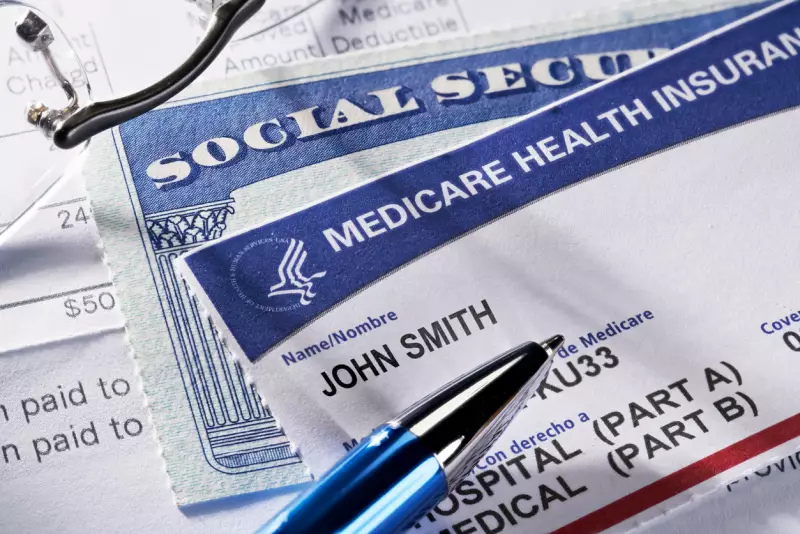Government Programs Exposed to Data Loss Because of Maximus Federal Services Breach
Table of Contents
- By Steven
- Published: Jul 31, 2023
- Last Updated: Aug 01, 2023

Maximus Federal Services is a significant government contractor that helps administrate many different US government programs. The company manages programs like local healthcare, student loan servicing, and many federal services. With more than 34,300 people employed by the company and a revenue that reaches more than $4.25 billion annually, the company manages a vast store of data that includes personal and health-related data for millions of Americans. Maximus was hurt by the recent MOVEit file-transfer service data attacks, and millions of US citizens may have been compromised in the attacks.
How Did the Attack Occur?
This Maximus Federal Services data breach occurred like the other MOVEit file transfer service breaches. The company was relying on MOVEit to move sensitive files around. A large number of files were in a database attached to the program, enabling it to send and receive information. At the end of May or the beginning of June, the hackers used a security vulnerability in the software to access the files attached to MOVEit and copy them all. This attack happened rapidly, and Maximus was only able to secure and detach the MOVEit file systems after the attack occurred, failing to protect everyone involved from being exposed.
What Information Was Viewed or Stolen?
Among the stolen data from US citizens, details like healthcare information, Social Security numbers, home addresses, email addresses, and more were involved. Each of the individual citizens impacted by this breach were likely hit in different ways, but many have lost enough data to be put at a significant risk by the breach.
How Did Maximus Federal Services Admit to the Breach?
Maximus administrators filed an 8-K form with the Securities and Exchange Commission explaining details about the recent data breach. The company also sent individual notices to each of the 8-11 million individuals involved in the breach. This data attack was a big one, and it's just one of the many MOVEit data losses recorded so far.
What Will Become of the Stolen Information?
It's likely that the C10P ransomware gang already demanded a ransom from Maximus to stop the spread of the stolen data. If the company paid the ransom, it's possible no data will spread; if not, it's likely the personal data will be shared online and resold for a profit. The vast amount of data taken in this cyber attack makes it especially damaging to anyone that relies on government programs such as government healthcare or Federal student loans.
What Should Affected Parties Do in the Aftermath of the Breach?
If you receive a letter from Maximus explaining you were involved in the data breach you should take steps to protect yourself. Start by checking in on your credit reports to see if any information was stolen. Move on to looking at any potential financial accounts involved and closing them, replacing credit cards on file, or monitoring them closely. Finally, consider getting credit monitoring or identity theft protection services. A good identity theft program will warn you when significant changes occur on your credit and give you time to take action to protect yourself effectively.
















